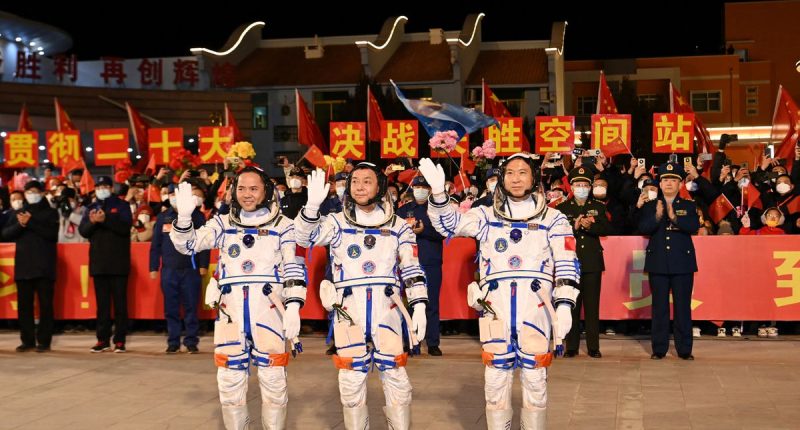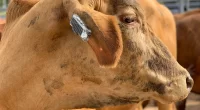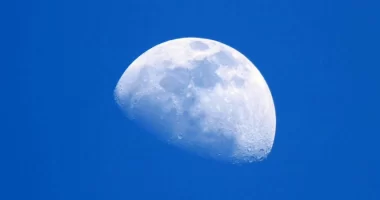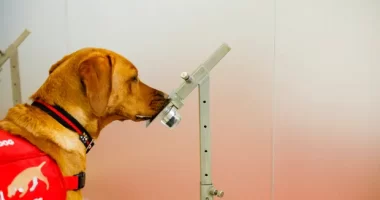China sent a spacecraft carrying three astronauts to its space station for the first in orbit crew rotation in Chinese space history, launching operation of the second inhabited outpost in low Earth orbit after the NASA led International Space Station.
The spacecraft Shenzhou-15 and its three passengers lifted off atop a Long March-2F rocket from the Jiuquan Satellite Launch Centre on Tuesday amid sub freezing temperatures in the Gobi Desert in northwest China, according to state television.
Shenzhou-15 was the last of 11 missions including three prior crewed missions, that began in April 2021 needed to assemble the “Celestial Palace”, The trio will take over from the Shenzhou-14 crew who arrived in early June. The previous crew members are expected to return to Earth in early December after a one week handover that will also establish the station’s ability to temporarily sustain six astronauts.
The station has a designed lifespan of at least a decade, with resident astronauts expected to conduct over 1,000 scientific experiments from studying how plants adapt in space to how fluids behave in microgravity.
The space station was also an emblem of China’s growing confidence in its space endeavours, after being isolated from the NASA led ISS and banned by U.S. law from any collaboration, direct or indirect, with the American space agency.
Leading the Shenzhou-15 mission was Fei Junlong, 57, who hailed from China’s first batch of astronaut trainees in the late 1990s. His previous visit to space was 17 years ago as commander of China’s second ever crewed spaceflight.
Fei was flanked by Deng Qingming, 56, who had trained for 24 years as an astronaut but had never been chosen for a mission until Shenzhou-15. They were joined by former air force pilot Zhang Lu, 46, also a space debutant.
China is expected to launch two crewed missions to the orbiting outpost each year.
The next batch of “taikonauts” coined from the Chinese word for space, to step foot on the station, in 2023, will be picked from the third generation of astronauts with scientific background.
China has started the selection process for the fourth batch, seeking candidates with doctoral degrees in disciplines from biology, physics and chemistry to biomedical engineering and astronomy.
The selection process has also been opened to applicants from Hong Kong and Macau for the first time.
While still in its infancy compared with NASA’s technologies and experience, China’s space programme has come far since the mid-20th century when the country’s late leader Mao Zedong lamented that China could not even launch a potato into orbit.






